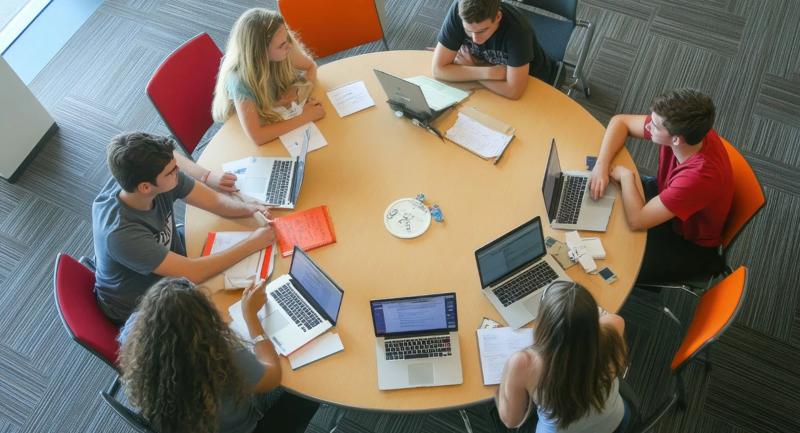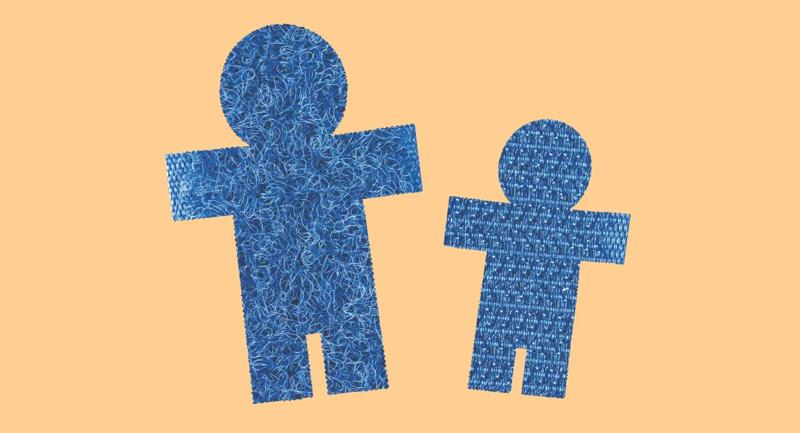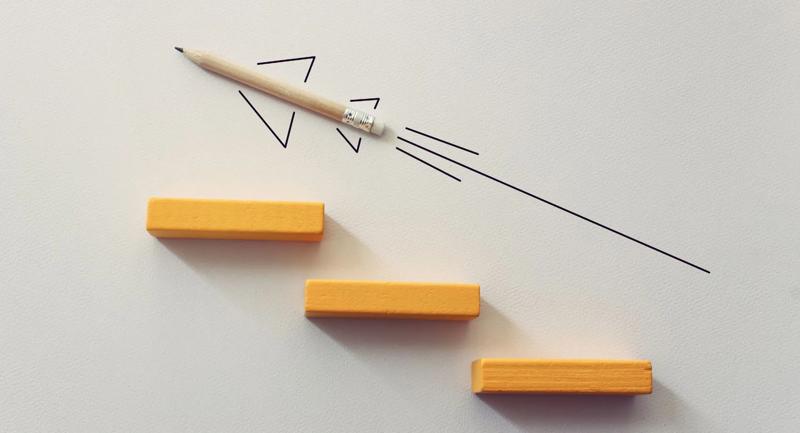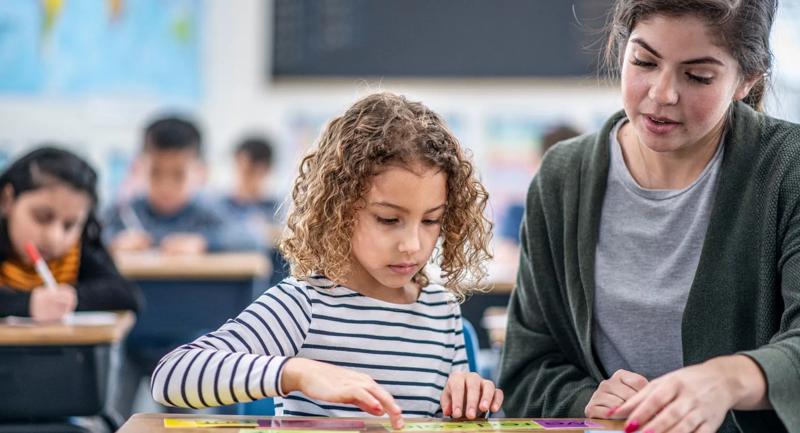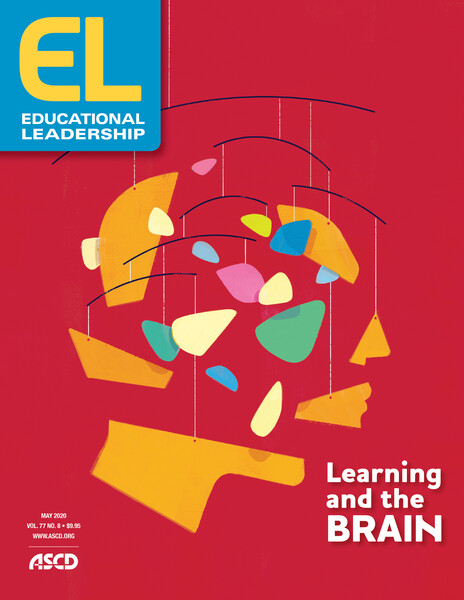Break Down Barriers
I use the science of learning to overcome socioeconomic barriers in the classroom. In an urban district, low student achievement can be easily attributed to poverty. But just because students have less does not mean they know less. When beginning a new concept, it is critical for students to bring their prior knowledge into the classroom. Students have a lot of information, but the question becomes: Can they organize it in a way so they can use it? Students need to build factual knowledge of concepts by studying them through various lenses. This strong conceptual framework enables students to retrieve and transfer their new knowledge. Lastly, students need to be explicitly taught metacognitive strategies. If students can monitor their own learning and self-regulate, then they will become more independent and confident learners.
—Lisa Romano, teacher, Waterbury Public Schools, Waterbury, Connecticut
"Divided" Attention
I adjusted my daily classroom routine to account for the attention span of high school students, which is about 18 to 19 minutes. For 55-minute periods, I start with 5-minute bell work or review, then 3 to 15-minute segments, and finish with 5 minutes of wrap-up or exit ticket. I also differentiated instruction to account for differences in short-term vs. working vs. long-term memory formation.
—Barry LeClair, high school sciences/computer science teacher, Pinellas County Public Schools, Clearwater, Florida
Sketch It Out
Independent writing for elementary and middle school students can be challenging, especially for boys. I decided to have my students sketch out their ideas before writing. This classroom practice was targeted for my visual and spatial learners. The sketch, as a pre-writing tool, was used as a road map or graphic organizer to encourage students to provide concrete details. I frequently reminded them to use their sketch to guide their writing. I noticed higher-quality student writing and greater engagement with this instructional practice My students enjoyed it and therefore, found independent writing less intimidating.
—Todd Feltman, literacy coach, New York City Department of Education, New York, New York
Evidence of Learning
As an administrator, I participate in PLCs with other district principals. At each PLC, we view videos of teachers in our district teaching with the science of reading in mind. We collect evidence of teaching and learning and discuss what we discovered. I have also had our teachers participate in this practice. This has been powerful learning for us all and a way to highlight great teaching.
—Tammy Woosley, elementary principal, Conway Public Schools, Conway, Arkansas
Share your responses to upcoming questions at www.ascd.org/tellusabout.

